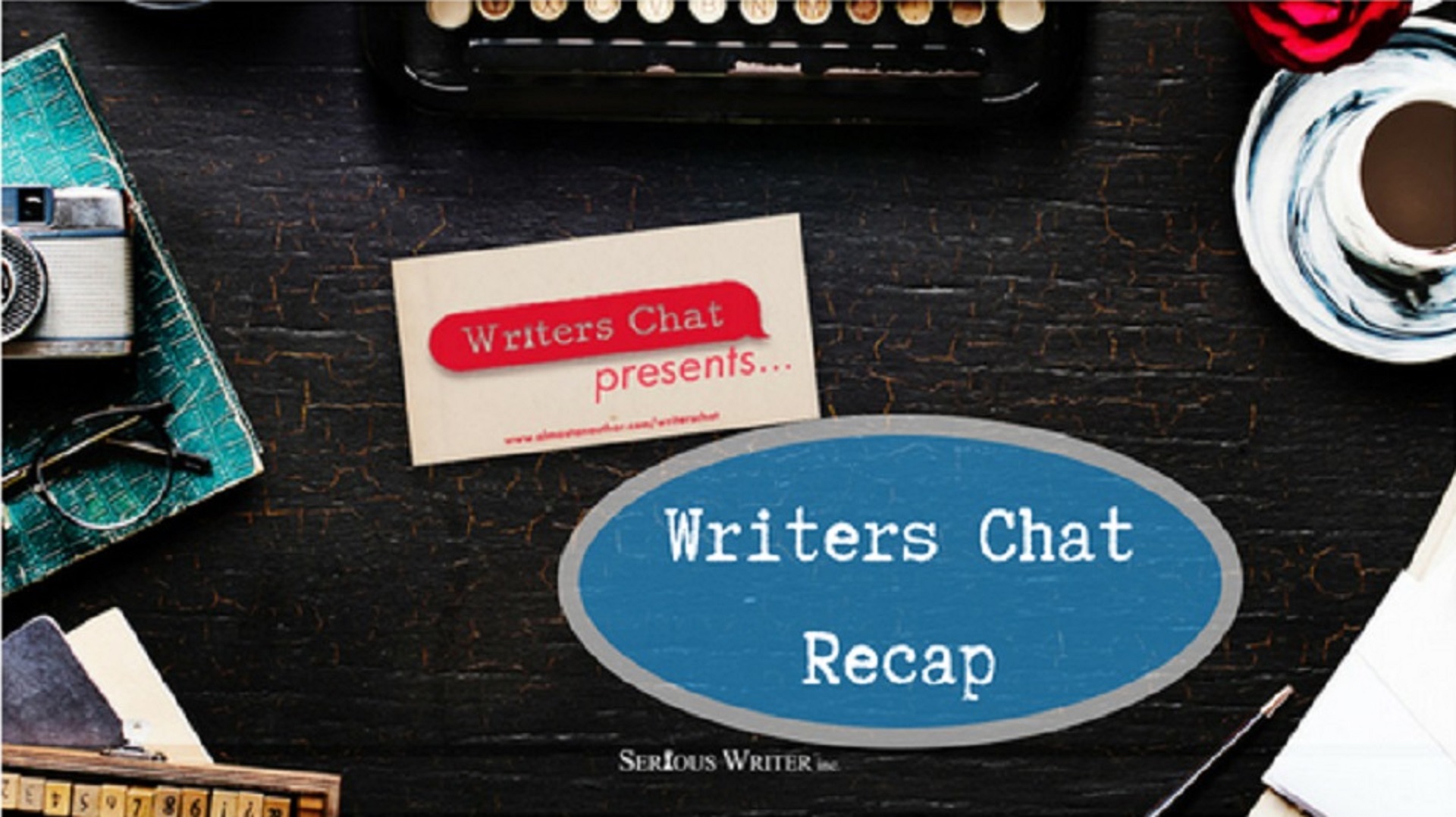
Book Proposals
A Practical Example at Getting Endorsements
Last month I told you about how you can gather high profile endorsements for your book proposal. Check this…
August 26, 2024
Last month I told you about how you can gather high profile endorsements for your book proposal. Check this…
August 26, 2024
Do you know a well-known person who will agree to write an endorsement or foreword for your book? Resist…
July 25, 2024
When I’m considering a travel destination, a purchase, or even a new recipe to try, I usually read reviews…
October 24, 2022
Writers Chat, hosted by Jean Wise, Johnnie Alexander, and Bethany Jett, is the show where we talk about all…
October 15, 2020
Writing is a solitary profession and the majority of writers are introverts. Book proposals are a powerful business tool…
September 25, 2020
Writers Chat, hosted by Jean Wise, Johnnie Alexander, and Bethany Jett, is the show where we talk about all…
November 30, 2018